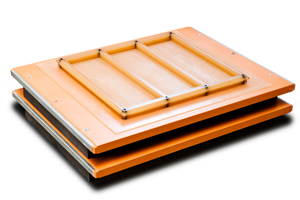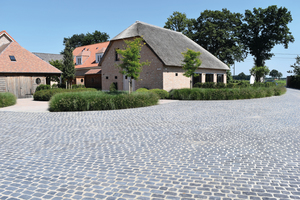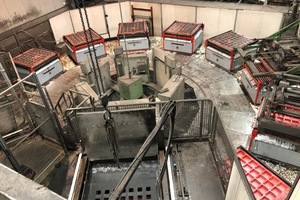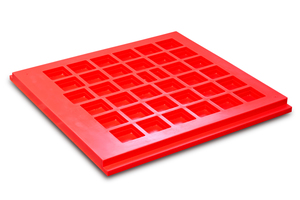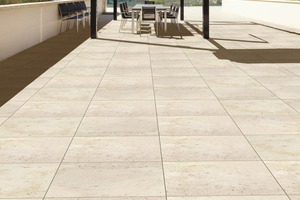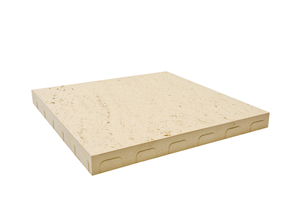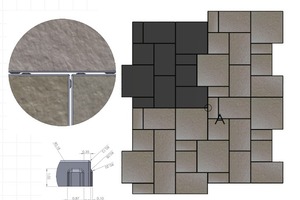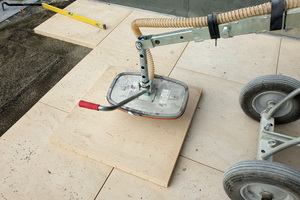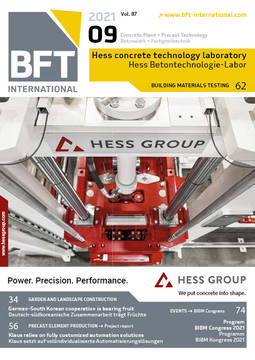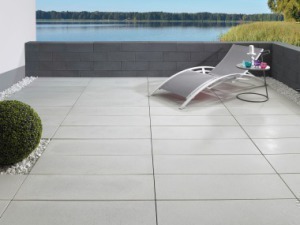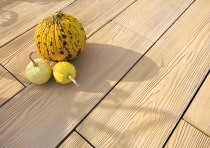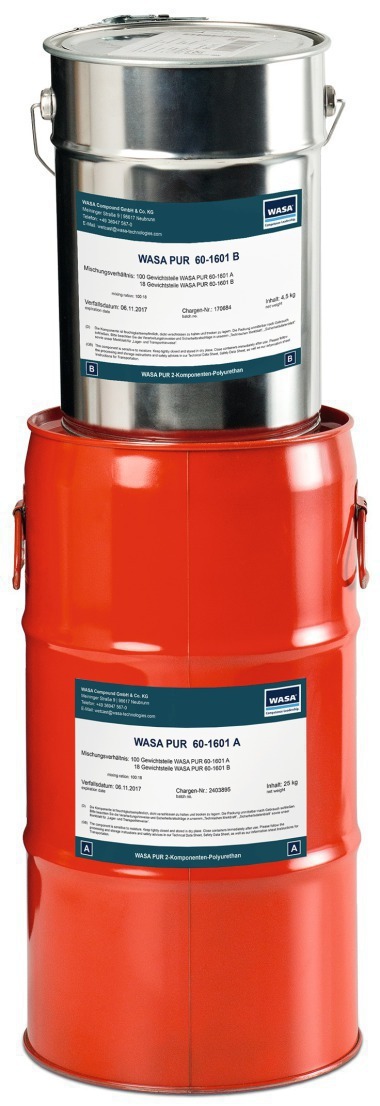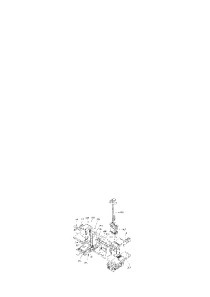Offering comprehensive services for wet-cast technology of tomorrow
The currently high demand for building materials helped to fill the order books of the concrete product manufacturers as well. Concrete products for garden and landscape construction manufactured in a wet-cast process are popular trendsetters, unfortunately often requiring long delivery times. The predominate manufacturing process is one reason for the limited availability of the products. A concrete plant producing paving blocks on an automated dry-cast manufacturing line commonly has a daily output of more than 2,000 m², wet-cast producers, on the contrary, have to get along with one-tenth of this capacity at present. Medium-sized enterprises as well as company locations associated with internationally operating groups are interested in increasing their outputs in the wet-cast section, with adjusting their production volume to the said 2,000 m² per day.
As far as mold manufacture for wet-cast applications is concerned, Wasa has been significantly involved in this development and supported it over the last decade. The standalone polyurethane molds with embedded fastening sleeves provide an immediate advantage for automated production lines. The mold is screwed onto the supporting board by means of metal sleeves. The positioning of the metal sleeves facilitate molding of the concrete blocks using a vacuum robot. Wasa‘s new generation of molds totally does without supporting frame made of wood or steel and, moreover, has a circumferential lip allowing for easy cleaning. The individual cavities of the mold mat are variably connected with each other by a polyurethane layer; hence no concrete can build up between the individual molds (Fig. 1).
Thanks to the space-saving design of the standalone wet-cast molds of Wasa, it is often possible to manufacture an additional block on the production board. The mold layout is discussed with the equipment manufacturer in advance, this regards filling, molding and packaging of the products. The equipment manufacturer is provided with digital 3D data of the assembly group, consisting of supporting board and mold, for uploading into the equipment concept.
In addition, the molds can be furnished with an RFID chip. When using RFID chips, the system software is extended to include the reference data of the digital assembly group as regards the concrete block volume, dimension and sizes as well as position of the cavities and properties of the model. The tags in the polyurethane mold not only serve as tracking in the plant, but the production date of the mold and the manufacturing cycles performed can also
be read out by the software.
Efficiency-oriented production for small-sized concrete products
Due to the high daily output of a modern production plant, it is possible to realize projects of more than 1,000 m² of concrete products manufactured in the wet-cast process. Moreover, the wet-cast products ensure an expanded radius of action in terms of sales and marketing of the concrete products in comparison to the simple gray paving blocks and in relation to costs and sales revenues.
Facing bricks for the façade or natural stone replicas of old town pavement (Fig. 2) are examples of small-sized products which are manufactured on fully automated wet-cast carousel systems.
The large-volume molds are filled at separate positions respectively, with low-viscosity face mix concrete at the first step and with core concrete in the second cycle. In the carousel, air bubbles possibly entrapped in the concrete are brought to the surface by slight vibration at low frequency. Compaction after filling the mold is not necessary since it is a wet-cast concrete (Fig. 3).
Contrary to conventional dry-cast manufacturing methods, the surface of the block is on the bottom side in the mold base in case of wet-cast production. The filled molds can be removed from the curing chamber after at least 12 hours, and then the blocks are rolled out of the mold by means of a roller.
This kind of demolding makes high demands on the processing as well as on the technical material properties of the polyurethane components used. The Wasa PUR that Wasa uses with Shore A45 has turned out to be particularly suitable in terms of flexibility, tensile strength and elongation at break (Fig. 4).
Digital project support from the prototype to series production
Following the successful installation of state-of-the-art process technology for manufacturing polyurethane and silicone as well as many years of practical experience and references of the materials used, Wasa Construct is now focusing on digitalization of the products and services. Scanned reliefs of selected surfaces are available for the concrete manufacturer in digital form already today. The block design and the various block sizes and shapes are discussed in detail and the digital model is upgraded with the desired surface.
The data of the various block designs and sizes are provided on the customer‘s website as a BIM library for architects and planners to download. There, the 3D data of the block products also serve as master data for live configuration (Fig. 6).
Wasa supports the concrete manufacturer not only in the field of garden and landscape construction, but the services and technologies are also used in the field of building construction when it comes to ambitious façade projects.

